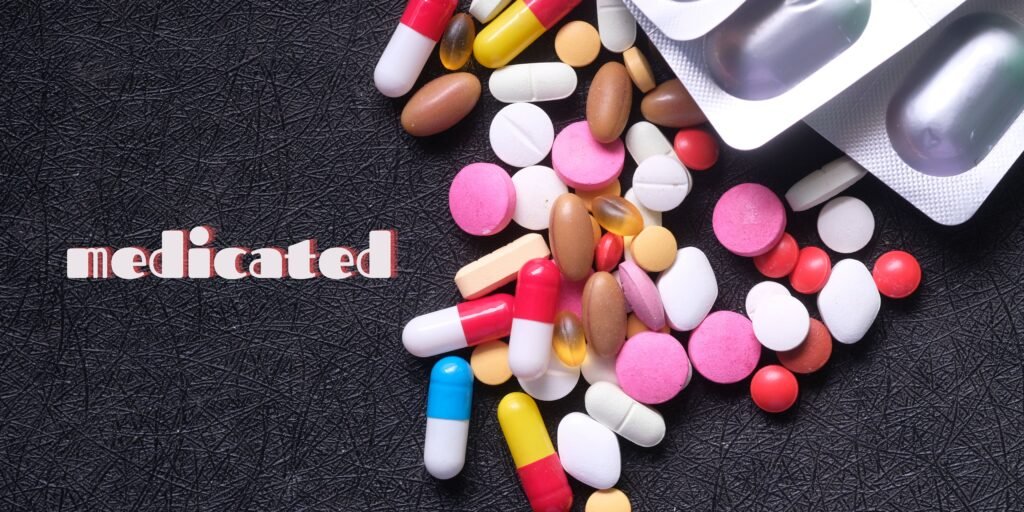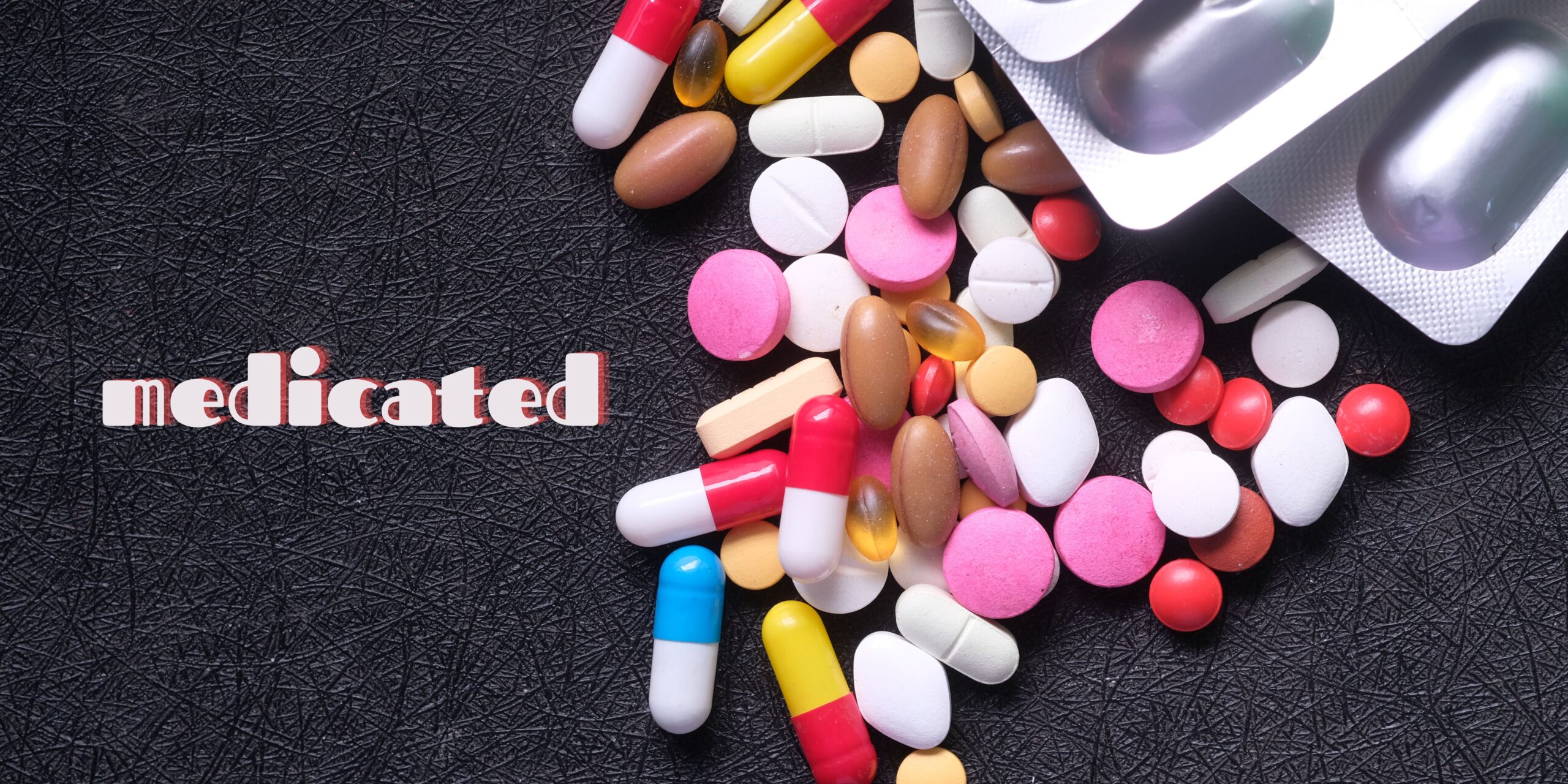This time last year, I unexpectedly embarked on a writing/publishing hiatus that really slowed me down in terms of my publishing goals. Looking back, I’m still not sure if it was the best idea or not to take that break, but it happened nonetheless.
Now that I’m back in business and about to have even more time and energy to devote to writing/publishing when I leave my part-time job, it felt appropriate to pull this particular short story out of the vault. Like many of my short stories written in the early months of the pandemic, this piece of creative nonfiction was written for the Reedsy Prompts contest #46: Write a story about someone returning to their craft after a long hiatus.
The hiatus in question at the time referred to getting back into writing after my long break of prioritizing my jobs. I was always told that it was okay to write as long as I focused on building a career at a “real job”. I have since learned that this is false information, and that writing and publishing can be a “real job”. As of August, I will be a full-time self-published author, and although it will still take plenty of time to earn the kind of income I would get from a corporate office job, it will be so much more fulfilling for me.
But the hiatus also refers to the mental health issues I was struggling with throughout all of those years trying to get myself established in a “real job”. And that’s not to say everything is perfect now. If last night’s panic attack and resulting meltdown is any indication, I still struggle with my mental health. But at least now I am taking steps to improve. At least now I can still write the next day without worrying that what I’m writing is all emotion and no substance.

This is hard. Harder than I expected.
I’ve been telling myself for months – maybe even years – to do this. I have to do this. I have to get back on the horse, so to speak. That makes it sound like I got thrown off. I didn’t. I stepped away from it on purpose.
I realized that I had to stop when I read my own writing and could no longer recognize my voice. I was too angry. To depressed. My parents’ divorce had opened up old wounds I never even realized were there. It’s hard to understand years of psychological abuse when you’re still so close to it. It’s only when you step back and try to look at the whole thing objectively that you notice just how bad it all was. I never realized how broken I was, but it all came out in my writing.
I had used my writing to escape, to create fantasy worlds to live in. I was happier there, in my head and on the page, than I was in the real world. It wasn’t until many years later that I realized how addicted I was to maladaptive daydreaming. I had more fictional friends than real ones. I was slowly becoming a shut in.
I tell myself that I stopped writing because my anger permeated everything I wrote and I couldn’t stand it anymore. That’s not entirely true. I think, at some point, the depression got so bad that I just couldn’t go on. Looking back, I suppose I didn’t realize until it was too late just how fast I was starting to lose interest in my hobbies and pastimes. I’ve been fighting for years to reclaim them. To find joy in things again. I think I’ve been succeeding. At least, I hope I’ve been succeeding.
I should have been medicated right from the start. When things were at their worst, and I was contemplating ending it all, I mustered up enough courage to see my doctor. She offered me a chance at medication. I declined. She gave me a self help book instead and put me on a waiting list to get psychiatric help. It was years before I even opened the book. And by the time my name was next on the waiting list, I was going back to school for another degree I might not actually need and moving to another city. So basically, I didn’t really do anything to help myself besides admitting there was a problem.
One of the main reasons I said no to the medication was my family. I was raised Christian Scientist. I no longer follow that religion, and really only my grandmothers are the ones who consider themselves religious. Luckily, we weren’t the crazy kind of Christian Scientists that you see in the media and pop culture. We vaccinate; we take medication if we’re sick, but only if the doctor prescribes it. My family just didn’t believe in taking any “unnecessary” medication. No Advil if you’re in pain. No Gravol if you’re nauseous. I remember pleading with my mother after getting my braces tightened as a teenager. Eventually, we came to the agreement that I was only allowed one Advil, only on the days my braces got tightened, and only if the pain was keeping me from falling asleep. I still had to try to fall asleep without it first. My mother’s side of the family is still terrified that “popping a pill for every ill” will cause irreparable damage to your stomach lining, or cause you to get addicted, or whatever the irrational fear of the month is.
It’s because of growing up in this environment that I thought it would be dangerous if I said yes to taking medication for my anxiety and depression. My family doesn’t fully understand mental illness, although they try. They didn’t understand that medication would have helped. This was the family that thought it would be helpful to threaten to call the police on me if I didn’t calm down and stop crying and screaming and hyperventilating for no reason.
But I was also worried about something else. I was worried that if I was medicated, my thoughts would change. I mean, that is the point; I was trying to get rid of thoughts of suicide. My fear was that I would lose my creativity. I was afraid that if my mind was calm and anxiety free that I would no longer be able to come up with ideas to write. I thought I would lose the part of me that I valued the most. But, in choosing not to medicate, I lost it anyway.
I guess that extra degree helped because it got me writing long essays, and interacting with more people. And when I moved back home, I was still a long way away from being mentally healthy, but I was in a better place. It was enough at the time, because it meant I was able to date the guy I had a crush on. My soulmate. He’s the reason I was able to fight to improve my mental health.
He had gone through something similar to what I had been going through. He had been medicated and it helped. When we moved in together, I was unprepared for how good it felt to be with someone who understood what I was going through and who supported me without question. He pushed me to get better and I rose to the challenge. When I went to see the doctor, I wasn’t afraid to ask for medication.
It helped.
There was nothing to be afraid of. Being medicated opened the door for me to seriously put some hard work into getting my life on track. I finally have the chance to live the way I want. Best of all, I haven’t lost my creativity.
But I’m still scared. I’ve been away from my writing for so long, the thought of going back terrifies me. The ideas still come, but I’m still to scared to write them down. I keep telling myself that this is something I have to do. My whole life is defined by my creativity and by my writing. I have to get back to it. And I have so many ideas.
I’m sitting here, with my laptop open, staring at the page and waiting for my fingers to move. All I have to do is type the first word, and then it will all be okay.



